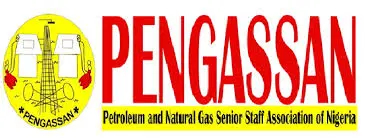In a decisive move to streamline trade facilitation and improve port efficiency, the Nigeria Customs Service (NCS) has officially launched a One-Stop-Shop initiative aimed at reducing cargo clearance time to just 48 hours. The development marks a major milestone in the agency’s ongoing reform agenda and is expected to significantly ease the bottlenecks associated with Nigeria’s import and export processes.
Unveiled in Lagos by top Customs officials, the One-Stop-Shop is designed to consolidate all regulatory and inspection activities under a single coordinated framework, bringing together critical stakeholders including the Nigeria Ports Authority (NPA), Nigerian Maritime Administration and Safety Agency (NIMASA), Standards Organisation of Nigeria (SON), National Agency for Food and Drug Administration and Control (NAFDAC), and others.
According to the Comptroller-General of Customs, the initiative reflects the Service’s renewed commitment to boosting trade competitiveness, cutting down on bureaucratic delays, and fostering a more business-friendly environment across Nigeria’s ports and border stations. He emphasised that the platform will operate with a high level of transparency, leveraging digital tools and inter-agency collaboration to ensure that cargoes are processed, inspected, and released within 48 hours of arrival—far below the average timeline previously recorded.
The One-Stop-Shop model, which is already in practice in some advanced economies, is widely regarded as a global best practice for trade efficiency and customs modernisation. For Nigeria, the implementation comes at a time when the government is aggressively pushing for improved non-oil revenue, enhanced ease of doing business, and reduction in the cost of logistics—key elements for attracting foreign investment and boosting economic growth.
Stakeholders within the maritime and logistics sectors have lauded the initiative, expressing optimism that it will curb extortion, reduce demurrage costs, and eliminate unnecessary delays that often lead to port congestion. Freight forwarders and clearing agents have also been urged to embrace the system and ensure full compliance with laid-down procedures.
As Nigeria positions itself as a key trade hub within the African Continental Free Trade Area (AfCFTA), the Customs’ One-Stop-Shop is seen as a strategic move to enhance efficiency, reduce corruption, and promote seamless border operations that meet international standards.







